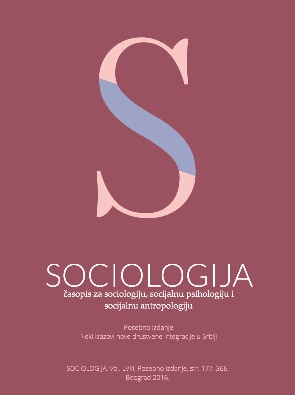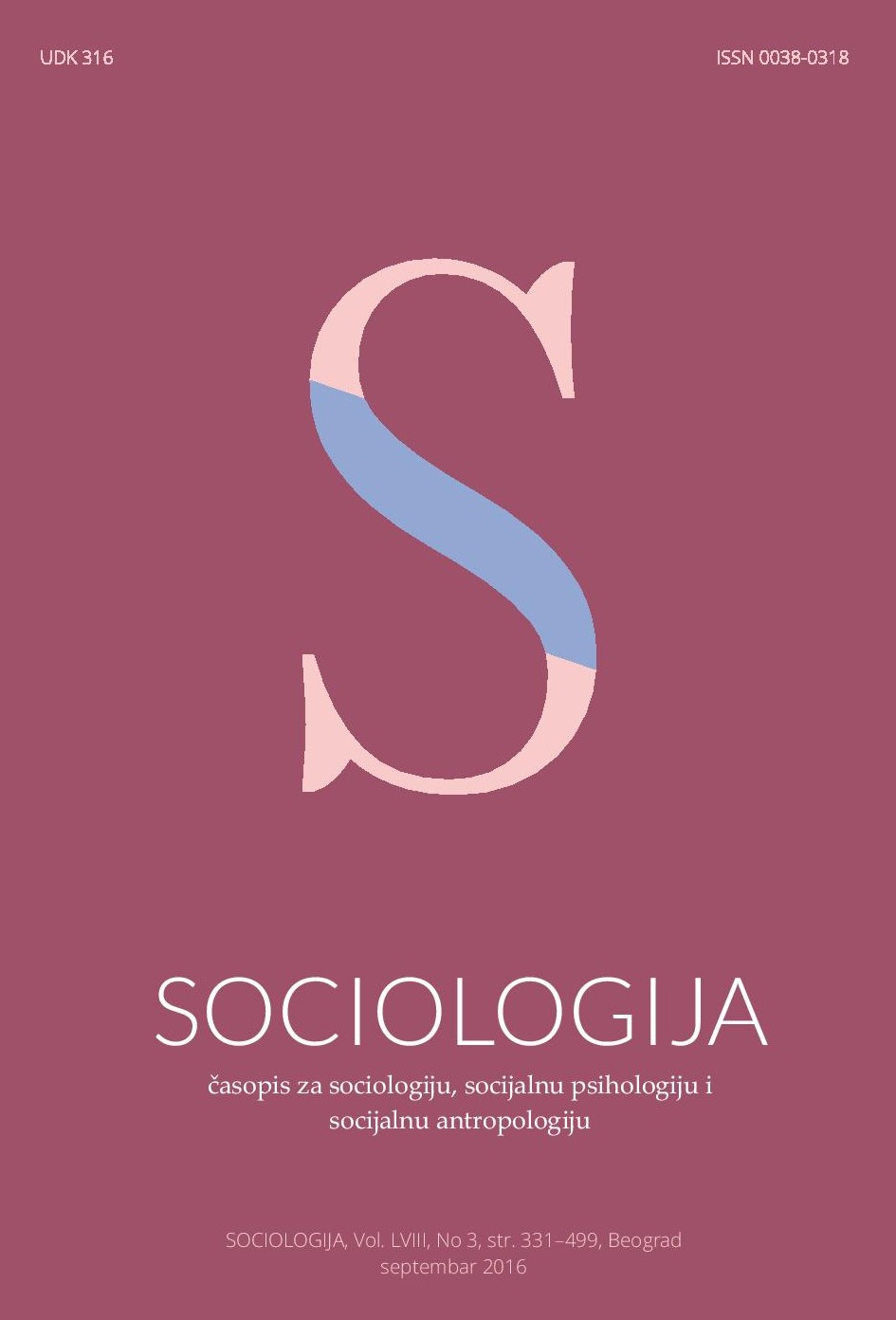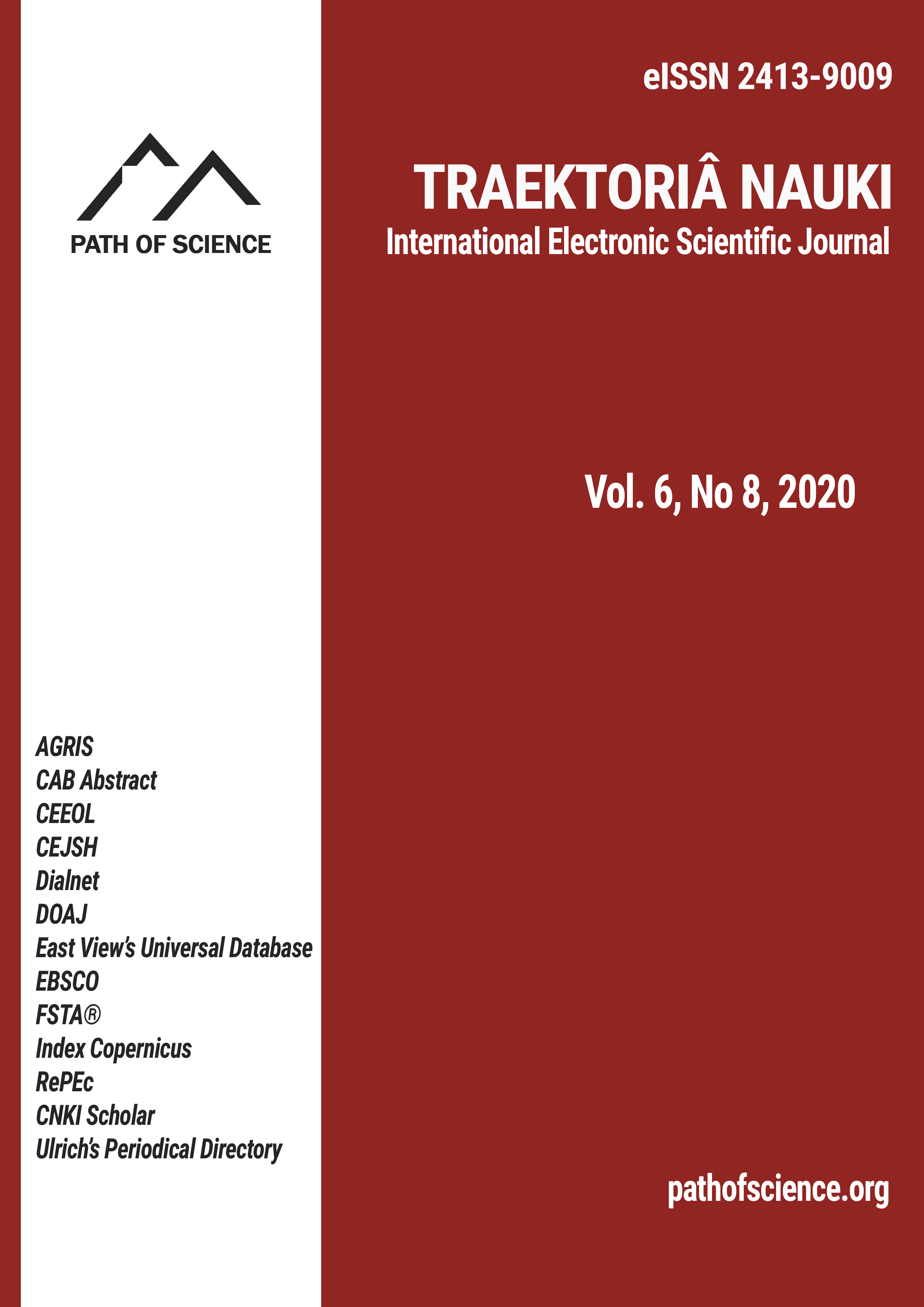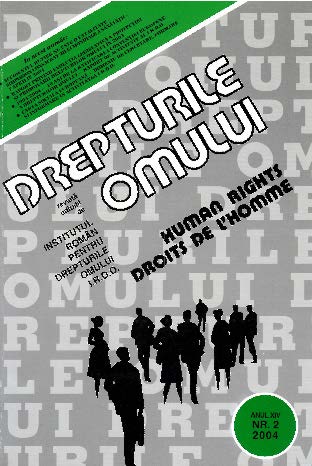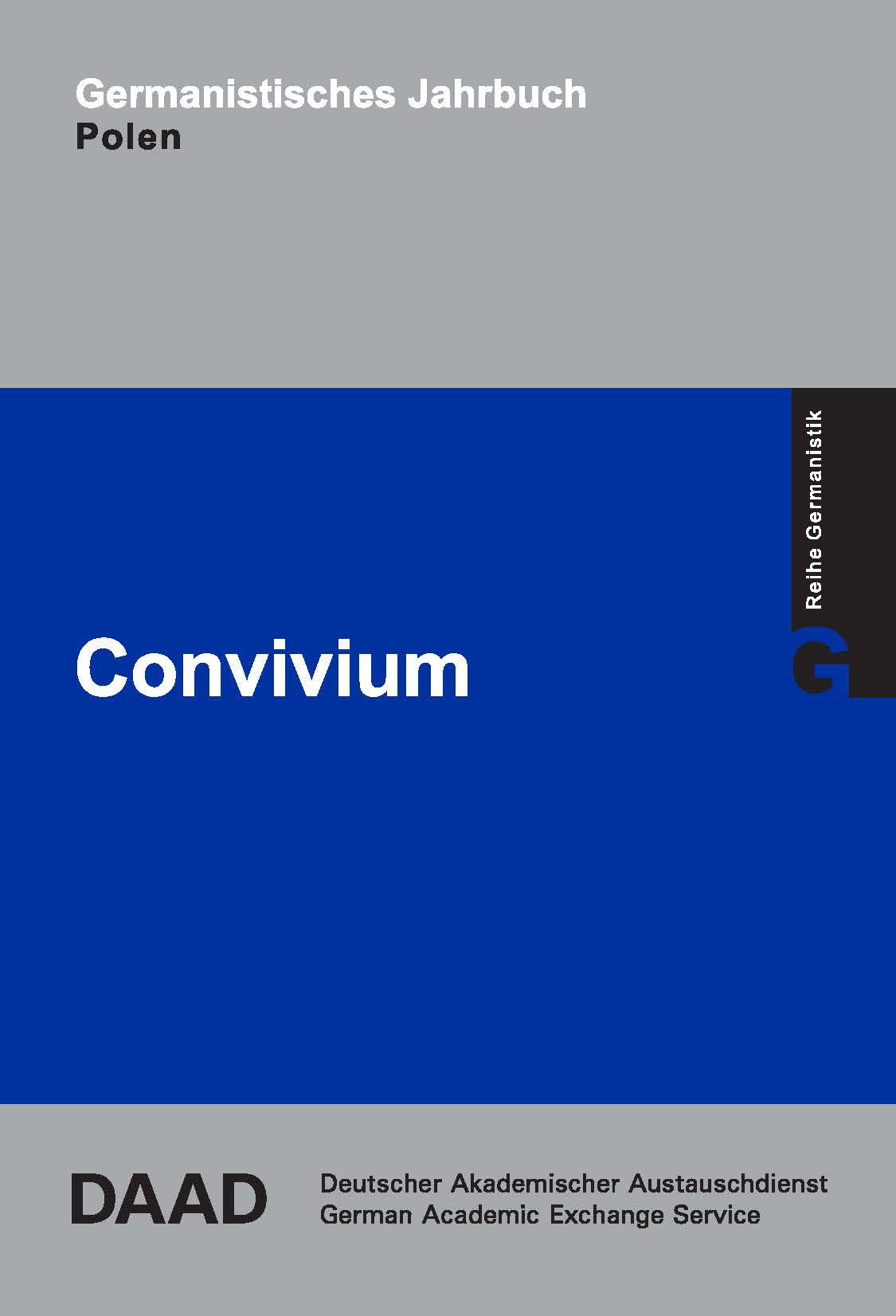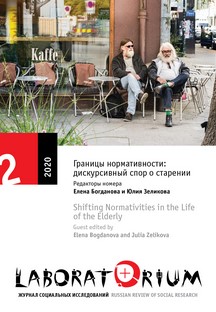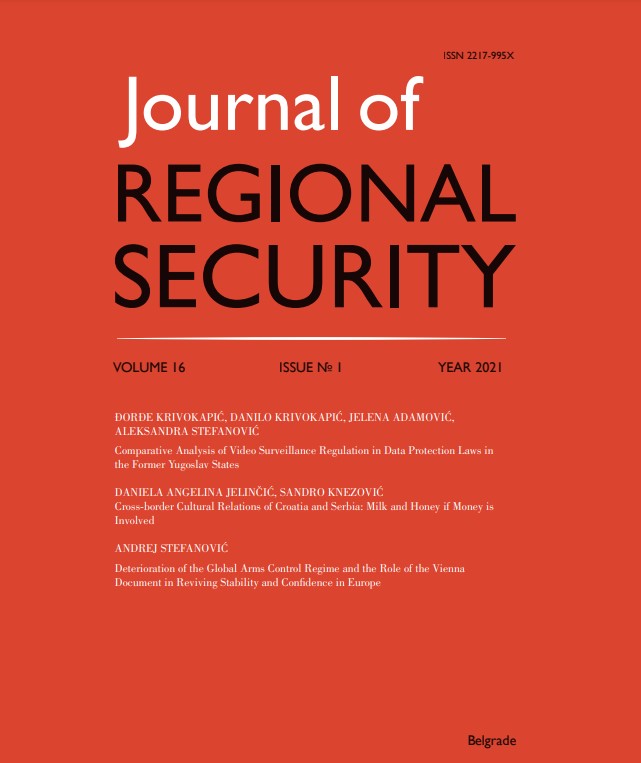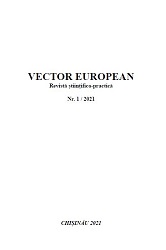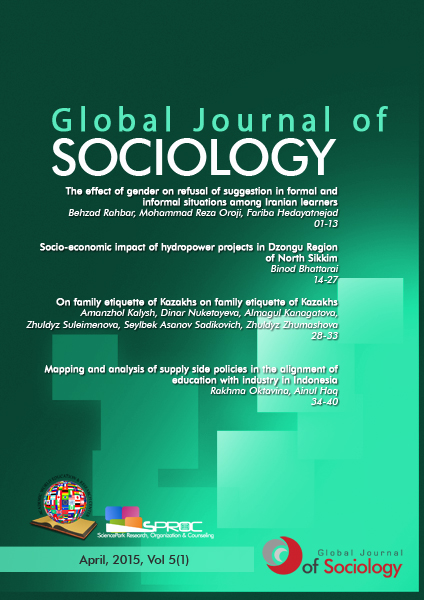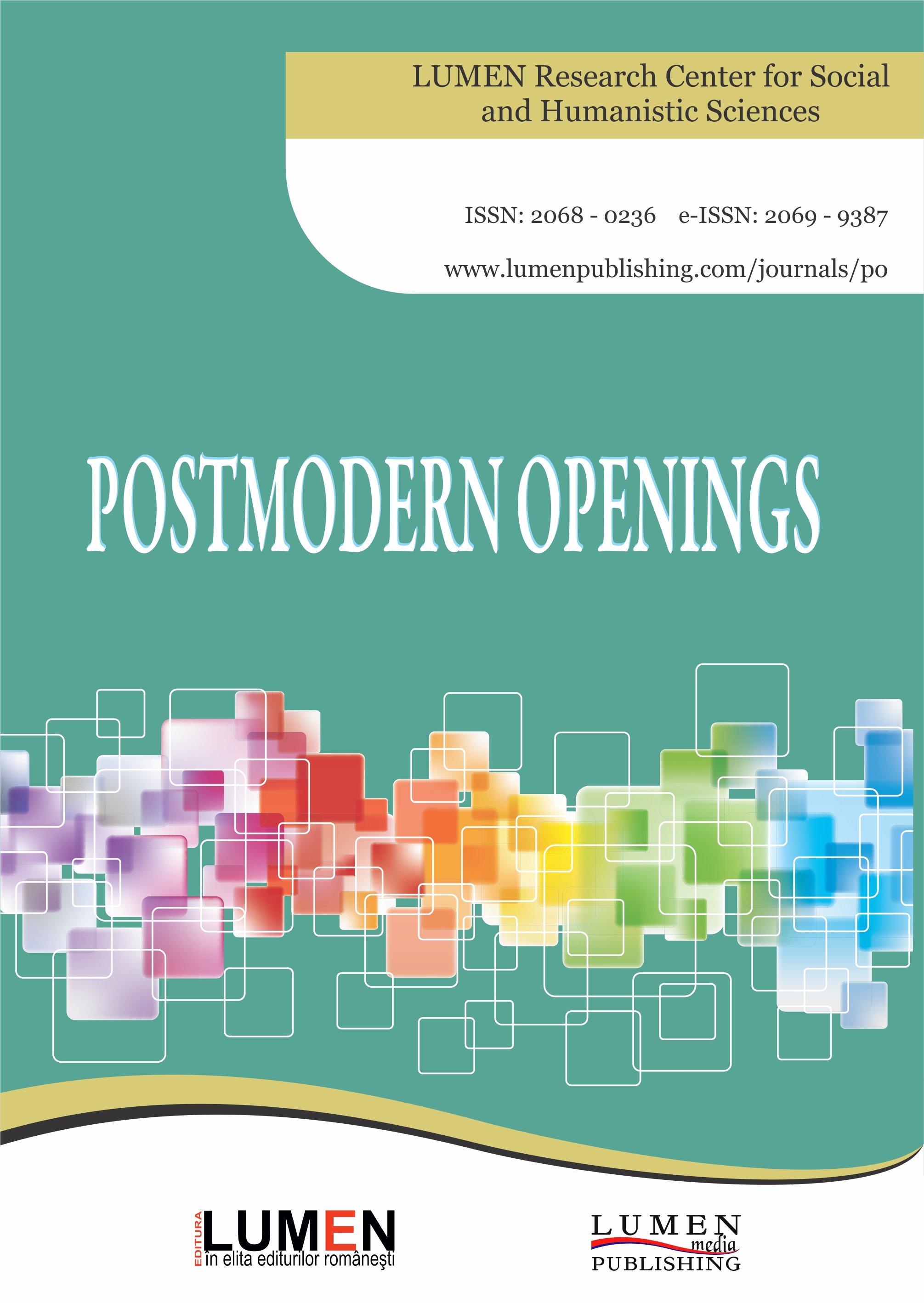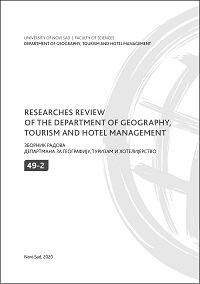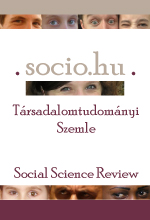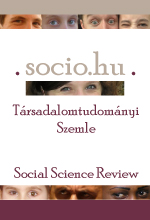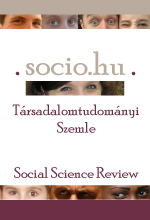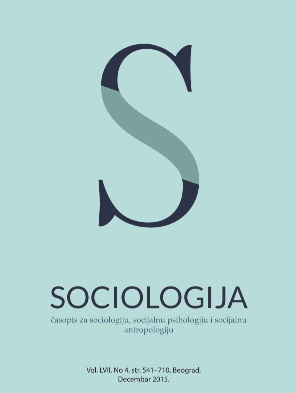
THE ROLE OF CASE LAW IN JUDICIAL DECISION-MAKING: A SOCIOLOGICAL PERSPECTIVE
The article attempts to verify a common conception that has by now become an integral part oflegal culture in civil law jurisdictions, namely, the conception that despite its unresolved legal status, case law (i.e. the body of past judicial decisions) is widely used by the courts when they are justifying their interpretative choices. For this purpose, an exploratory empirical study of court citation practices was conducted. The study focused on a sample of the officially reported decisions of the Supreme Court of the Republic of Slovenia and the appellate (Higher) courts on civil matters in 2011 that were publicly accessible on the official internet database of the Slovene courts. The aim of the study, which provides the first systematic outline of the use of case law in the judicial decisionmaking process within the Slovene legal system, was to verify whether case law in fact constitutes an important factor in judicial decision-making. It did so by focusing on the extentand the manner in which Slovene courts refer to case law, as these may be inferred from the reasoning of their decisions.
More...
